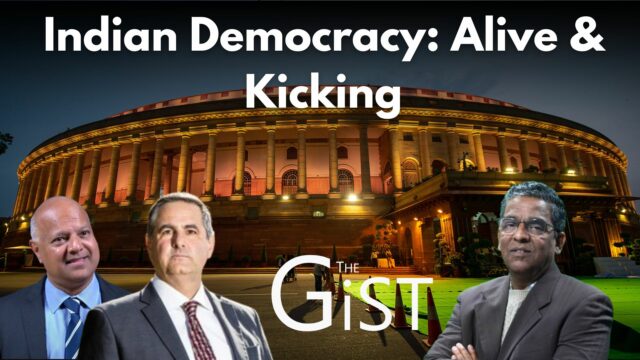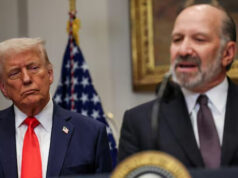The world’s largest democratic exercise is over. India’s general elections have concluded with Narendra Modi set to take office as Prime Minister for a third consecutive term, albeit as head of a coalition this time, unlike the two previous terms in which he led majority governments. Most analysts have hailed the return of the coalition era in Indian politics after a decade of majority government. Coming days will provide more clarity on the composition of the cabinet.
For Prime Minister Narendra Modi, this is unfamiliar territory. For over two decades, he has headed governments with full majority, first as chief minster of Gujarat and then as prime minister in the last 10 years.
Modi 3.0 suggests he may have to curb his instincts, accommodate demands from fickle allies on domestic policies but one aspect in which the new government is likely to continue its previous approach is in the foreign policy space.
Salvatore Babones, Associate Professor at the Sydney University in Australia and a keen India observer, feels all talk about backsliding of democracy in India is based on faulty and opaque surveys that do not do justice to the vibrant democracy that India is.
Rahul Roy Chaudhary, Senior Fellow for South and Central Asia at the London-based International Institute for Strategic Studies (IISS), says in the UK, there is an understanding that India’s foreign policy will not change much even if Modi is now heading a coalition. He says Modi may face resistance in domestic affairs but in foreign policy aspect will not get impacted much since the smaller regional parties may not have too many stakes on the international relations front.
Nitin A. Gokhale is a media entrepreneur, one of South Asia's leading strategic affairs analyst and author of over a dozen books so far on military history, insurgencies and wars.
Starting his career in journalism in 1983, he has since led teams of journalists across media platforms.
A specialist in conflict coverage, Gokhale has covered the insurgencies in India’s North-East, the 1999 Kargil conflict and Sri Lanka’s Eelam War IV between 2006-2009.
Gokhale now travels across the globe to speak at seminars and conferences, and lecture at India’s premier defence colleges. He has founded three niche portals, Bharatshakti.in, stratnewsglobal.com and Interstellar.news.





